Balcony decoration with vertical gardens
Balcony Decoration With Vertical Gardens
Balconies are a great way to add extra space to your home, and they can also be a beautiful addition to your outdoor living space. If you're looking for a way to make your balcony more stylish and functional, consider adding a vertical garden. Vertical gardens are a great way to use up vertical space, and they can also help to improve the air quality in your home.
There are many different ways to create a vertical garden on your balcony. You can use pots, planters, or even old tires to create your garden. You can also choose from a variety of plants, including flowers, herbs, and vegetables.
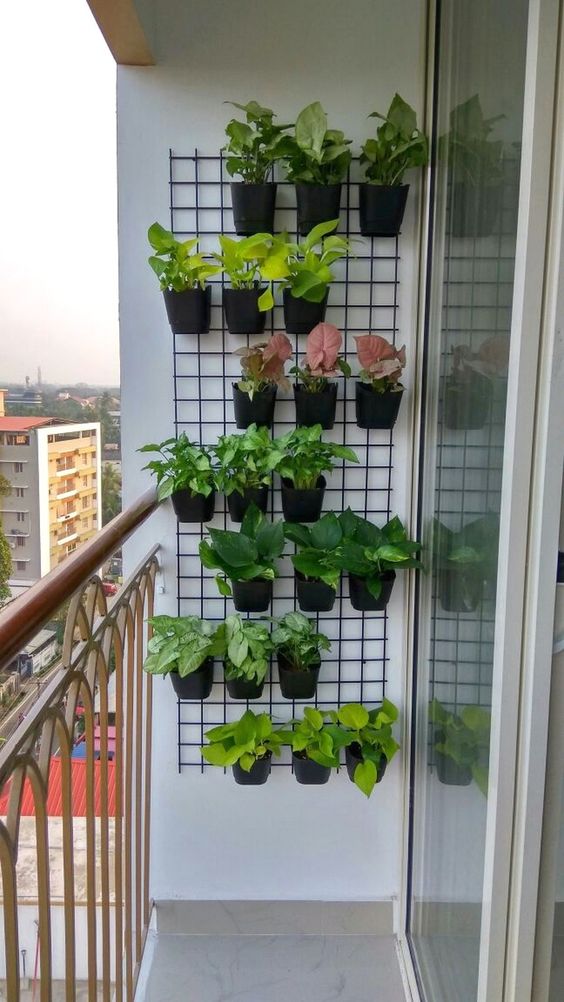
When choosing plants for your vertical garden, it's important to consider the amount of sun and shade that your balcony receives. You'll also need to make sure that the plants you choose are compatible with each other.
Once you've chosen your plants, you can start creating your vertical garden. If you're using pots or planters, you'll need to fill them with soil and plant your seedlings or cuttings. If you're using old tires, you'll need to drill holes in the bottom of the tires so that the water can drain out.
Once your plants are in place, you'll need to water them regularly. You may also need to fertilize them, depending on the type of plants you're growing.
With a little care, your vertical garden can add beauty and function to your balcony for many years to come.
Benefits of Vertical Gardens
There are many benefits to adding a vertical garden to your balcony. Here are a few of the most notable:
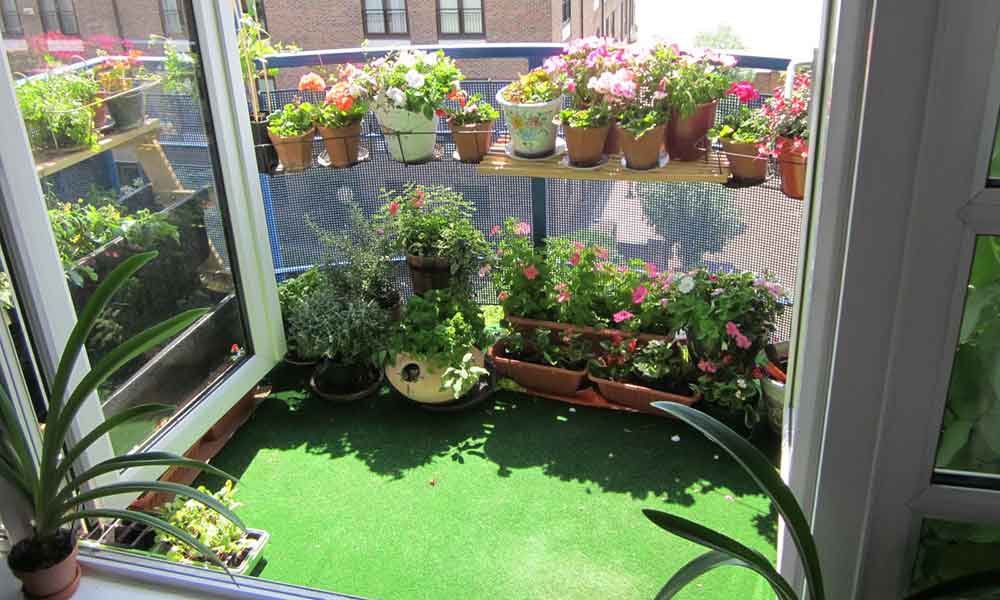
- Increased privacy: A vertical garden can help to create a more private space on your balcony. This can be especially helpful if you live in a city or other area with a lot of foot traffic.
- Improved air quality: Vertical gardens can help to improve the air quality in your home by absorbing pollutants and releasing oxygen. This can be especially beneficial if you live in an area with high levels of air pollution.
- Reduced noise pollution: Vertical gardens can help to reduce noise pollution by absorbing sound waves. This can make your balcony a more peaceful and relaxing place to enjoy the outdoors.
- Increased biodiversity: Vertical gardens can help to increase biodiversity by providing a habitat for birds, insects, and other wildlife. This can be beneficial for the environment and can also make your balcony a more interesting place to spend time.
- Enhanced curb appeal: A vertical garden can add curb appeal to your home, making it more attractive to potential buyers or renters. This can be a great way to increase the value of your property.
How to Create a Vertical Garden on Your Balcony
Creating a vertical garden on your balcony is a relatively simple process. Here are the steps involved:

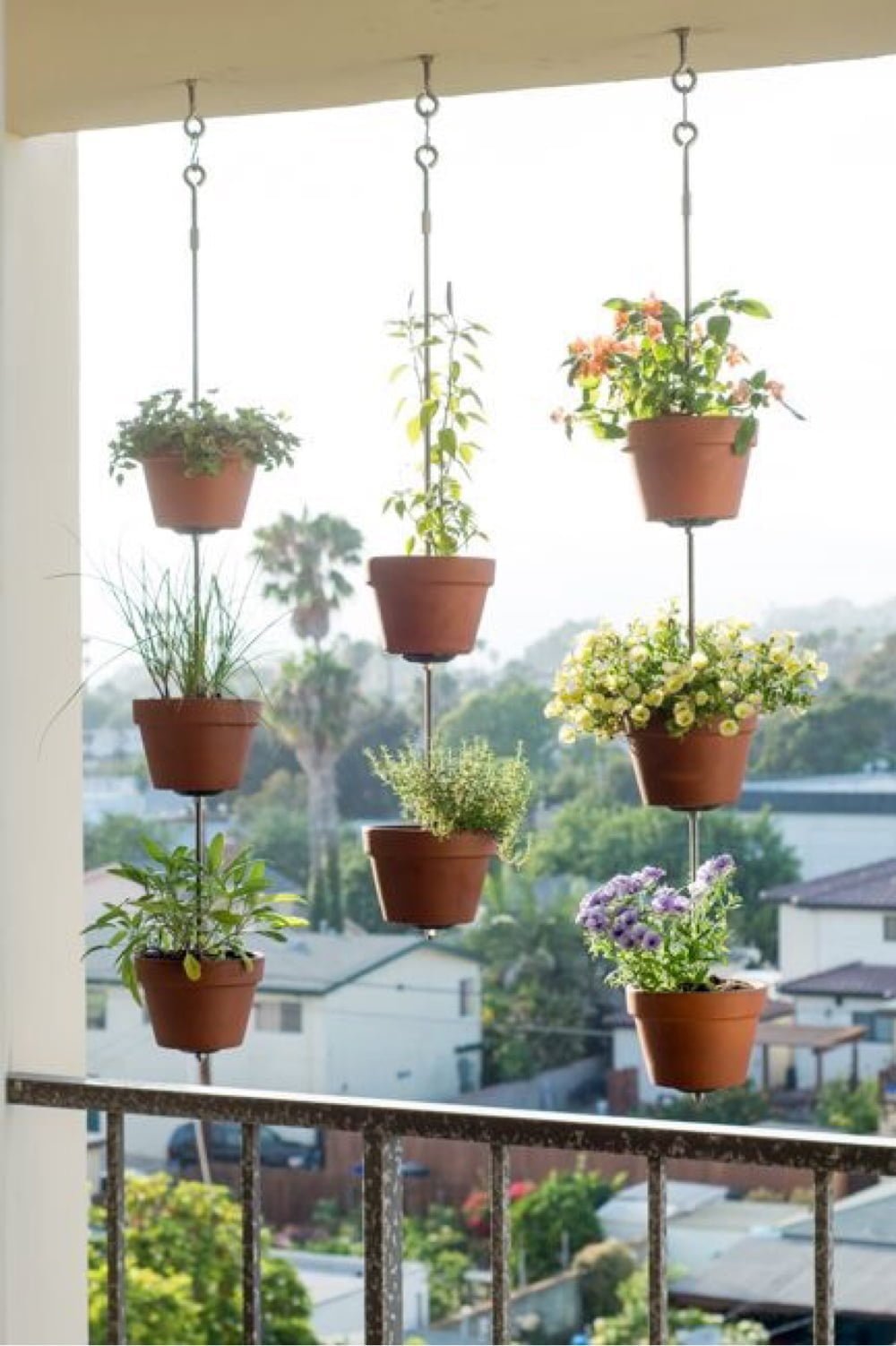
- Choose the right plants. The most important factor to consider when choosing plants for your vertical garden is the amount of sun and shade that your balcony receives. You'll also need to make sure that the plants you choose are compatible with each other.
- Decide on a design. There are many different ways to create a vertical garden on your balcony. You can use pots, planters, or even old tires to create your garden. You can also choose from a variety of plants, including flowers, herbs, and vegetables.
- Prepare the space. If you're using pots or planters, you'll need to fill them with soil and plant your seedlings or cuttings. If you're using old tires, you'll need to drill holes in the bottom of the tires so that the water can drain out.
- Water and fertilize your plants regularly. Vertical gardens require regular watering and fertilization to thrive. Make sure to water your plants when the soil feels dry to the touch, and fertilize them according to the directions on the product label.
- Enjoy your vertical garden! With a little care, your vertical garden can add beauty and function to your balcony for many years to come.
Tips for Creating a Successful Vertical Garden
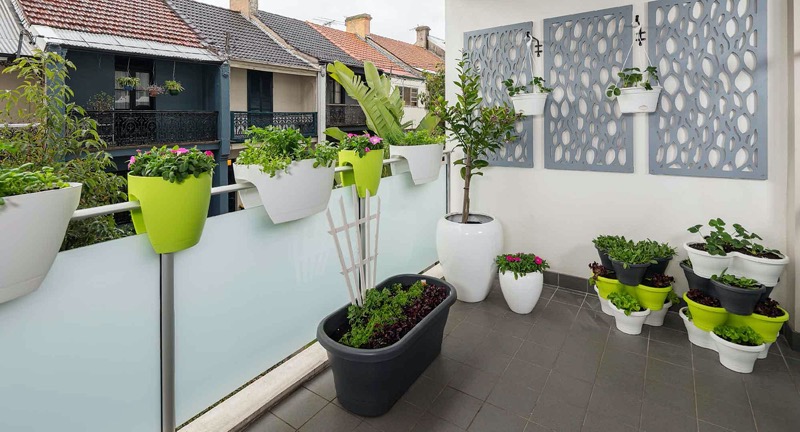
Here are a few tips for creating a successful vertical garden on your balcony:
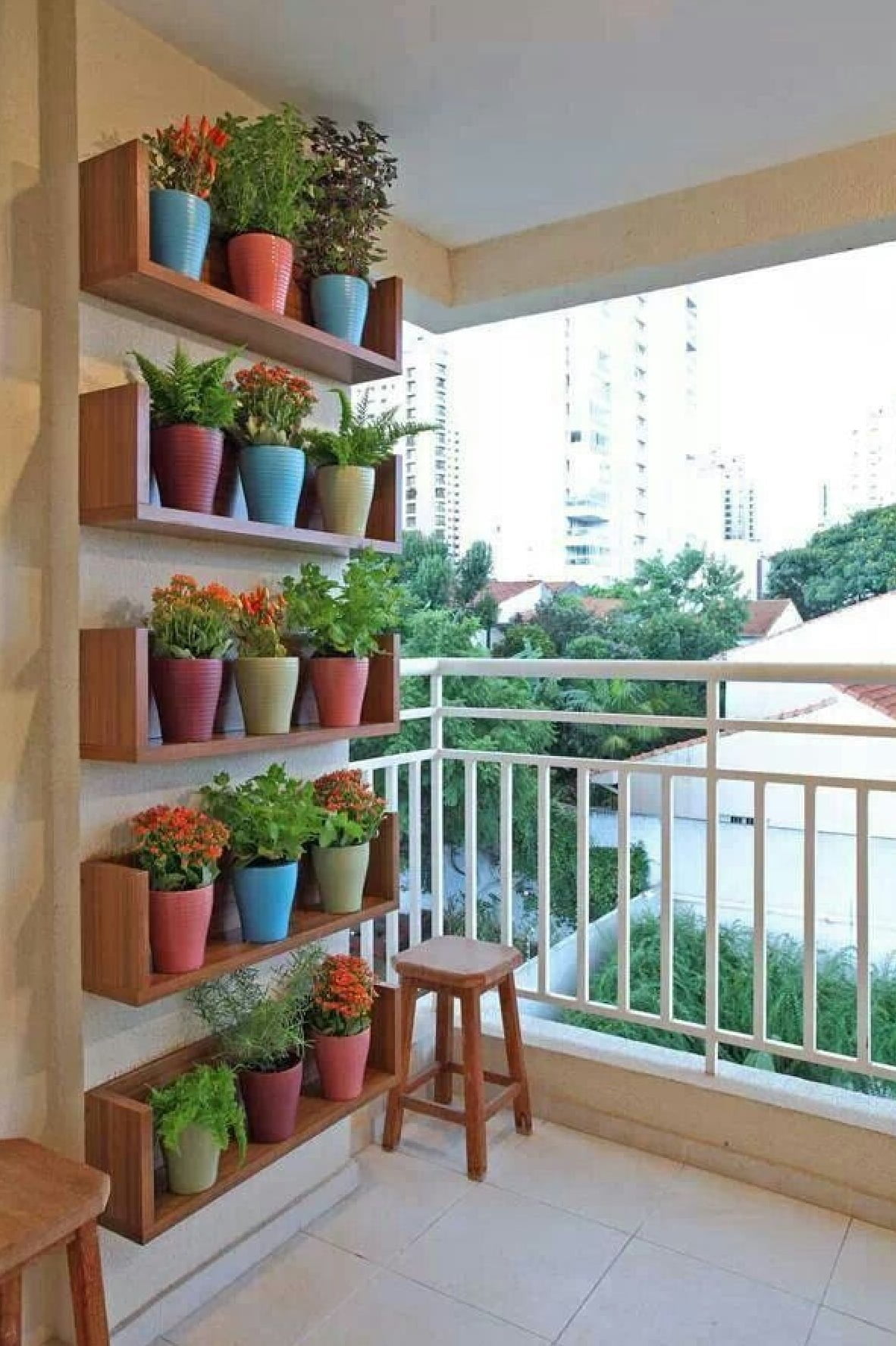
- Choose plants that are well-suited for your climate. Some plants are more tolerant of heat and drought than others, so it's important to choose plants that will thrive in your specific climate.
- Plant your vegetables in succession. This means planting different vegetables at different times of the year so that you have a continuous supply of fresh produce.
- Use a drip irrigation system. This will help you to water your plants efficiently and prevent them from getting too dry.
- Fertilize your plants regularly. This will help them to grow strong and healthy.
- **Protect your
Thank you for exploring our website by Balcony decoration with vertical gardens. Your presence fuels our commitment to excellence. Come back for a more enriching experience!

